IE9 too little, too late, claims Mozilla developer
A Mozilla supporter has poured cold water on Microsoft's latest browser.


Sign up today and you will receive a free copy of our Future Focus 2025 report - the leading guidance on AI, cybersecurity and other IT challenges as per 700+ senior executives
You are now subscribed
Your newsletter sign-up was successful
Microsoft may still be celebrating setting the release candidate of IE9 free, but one developer has suggested the browser is two years late and lacks modern functionality.
Paul Rouget, a technical evangelist for rival firm Mozilla, claimed that the answer to whether IE9 is a modern browser is a big, fat 'no.'
"IE9 is definitely better than IE8 and a step in the right direction, but I don't believe it to be a truly modern browser, and let me tell you why," Rouget said in a blog post, going on to refute Microsoft's HTML5 support claims.
"Does IE9 support 99 per cent of the HTML5 specification as insinuated by Microsoft? No, they're actually pretty far from it," he said.
"The tests Microsoft are referring to are the ones they created during the development of IE9. It's not that surprising that they pass the very tests they used to design and develop the browser - we score pretty well against our own unit-tests as well. The primary use case for these tests, however, is to spot regressions and validate code changes. In other words: the tests ensure that future changes don't break the things you just built. They don't actually test all elements of a specific standard."
In real world tests conducted by Rouget, Firefox came out on top of IE9 in a couple of areas.
When it came to web standards compatibility - as tested using icanuse.com - Firefox 4 led with 87 per cent, with IE9 trailing on just 61 per cent.
Sign up today and you will receive a free copy of our Future Focus 2025 report - the leading guidance on AI, cybersecurity and other IT challenges as per 700+ senior executives
For HTML5 compatibility - in the HTML5 Test - the results were 255 and 130 for Firefox 4 and IE9 respectively. Interestingly, Safari scored 233 (and six bonus points) using this methodology.
Maggie has been a journalist since 1999, starting her career as an editorial assistant on then-weekly magazine Computing, before working her way up to senior reporter level. In 2006, just weeks before ITPro was launched, Maggie joined Dennis Publishing as a reporter. Having worked her way up to editor of ITPro, she was appointed group editor of CloudPro and ITPro in April 2012. She became the editorial director and took responsibility for ChannelPro, in 2016.
Her areas of particular interest, aside from cloud, include management and C-level issues, the business value of technology, green and environmental issues and careers to name but a few.
-
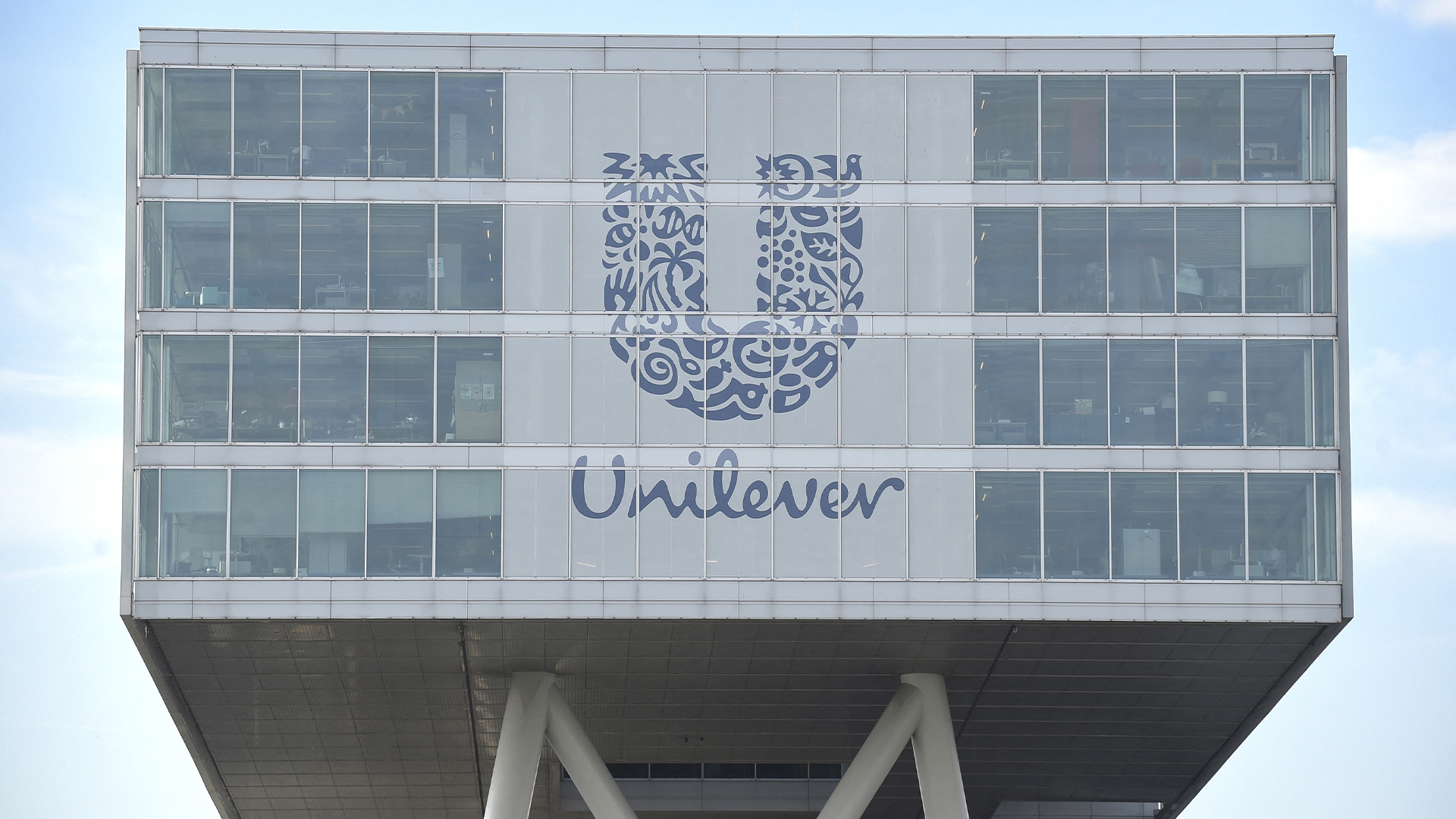 Unilever taps Google Cloud to drive business transformation, 'agentic commerce' gains
Unilever taps Google Cloud to drive business transformation, 'agentic commerce' gainsNews The deal will create a new model for how consumer packaged goods brands are discovered and bought, according to Unilever
-
 Vast majority of breaches enabled by preventable gaps, says Palo Alto Networks
Vast majority of breaches enabled by preventable gaps, says Palo Alto NetworksNews Identity controls and better understanding of threat surface are key to rebuffing increasingly threatening cyber attacks
-
 Spanish spyware outfit uncovered, develops exploits for Windows, Chrome, and Firefox
Spanish spyware outfit uncovered, develops exploits for Windows, Chrome, and FirefoxNews Google was only able to discover the company after an anonymous submission was made to its Chrome bug reporting programme
-
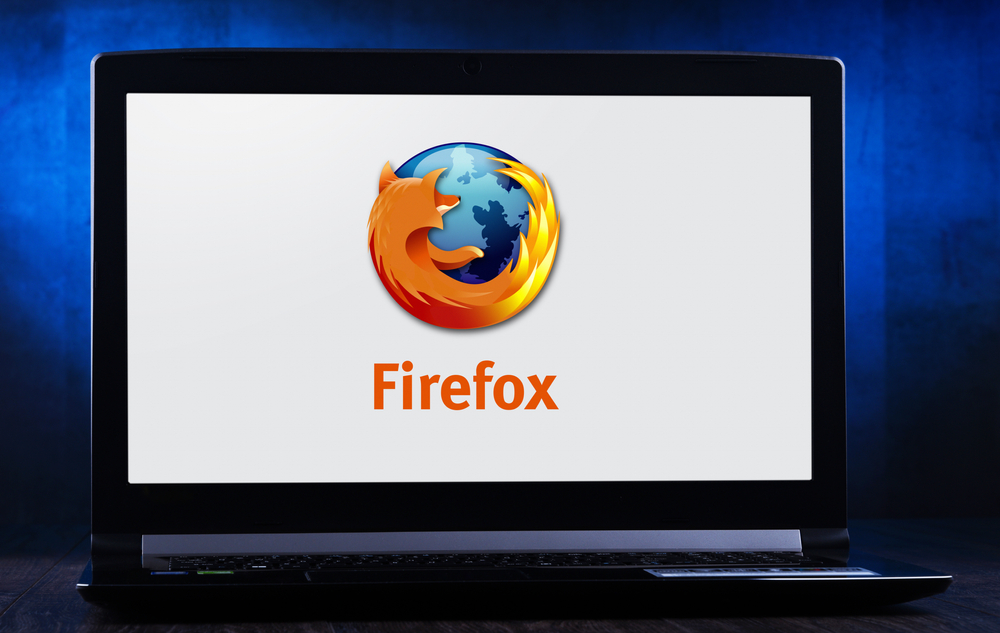 Firefox 95 boosts protection against zero-day attacks
Firefox 95 boosts protection against zero-day attacksNews Mozilla's browser now takes a more granular approach to walling off code
-
 Mozilla to end support for Firefox Lockwise password manager
Mozilla to end support for Firefox Lockwise password managerNews Replacement service already lined up as browser specialist continues to streamline business
-
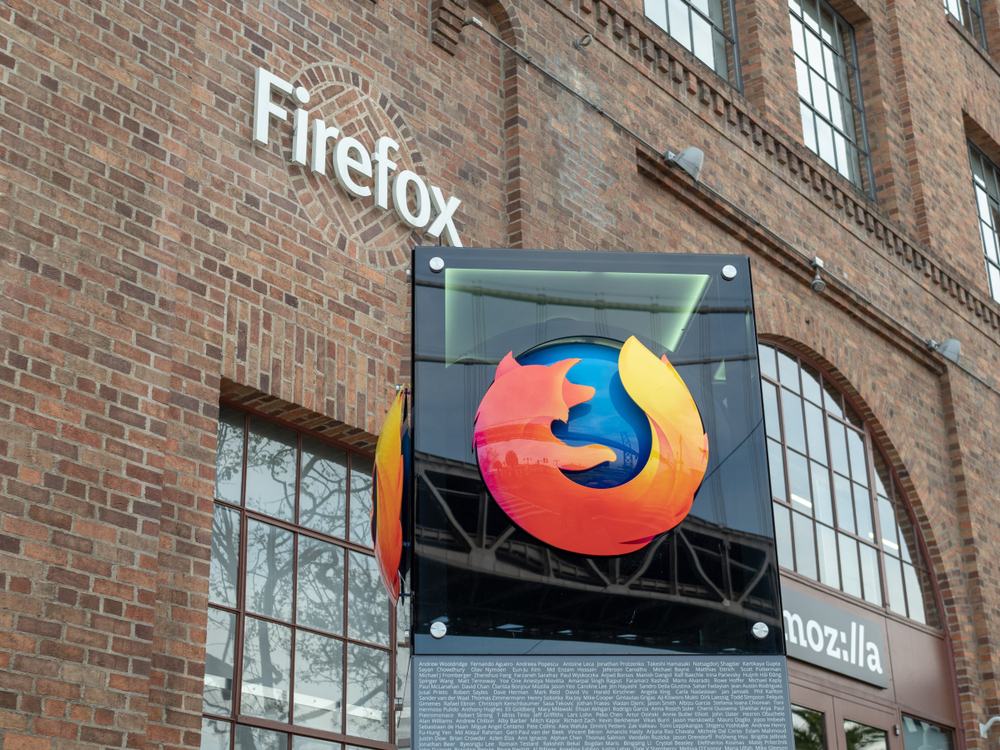 Firefox available on Microsoft Store for first time
Firefox available on Microsoft Store for first timeNews Gecko-based browser arrives after Microsoft removes restrictions
-
 Mozilla to cut 250 jobs as part of major coronavirus restructure
Mozilla to cut 250 jobs as part of major coronavirus restructureNews The reorganisation has been made so the company can become faster, more innovative, and find more revenue streams
-
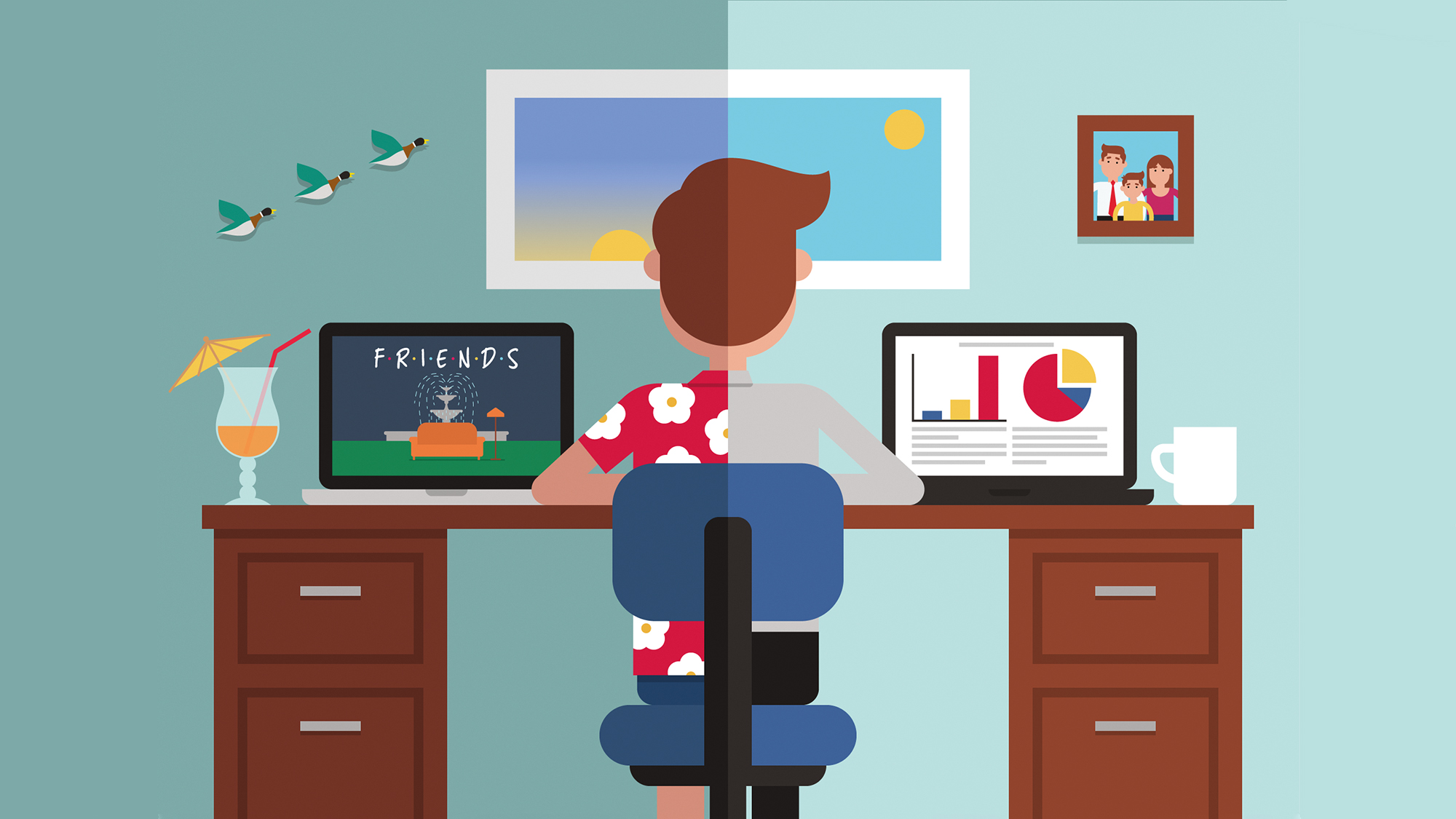 Why I’m leading a browser double life
Why I’m leading a browser double lifeOpinion There are benefits to using more than one browser
-
 Mozilla re-hires veteran Mitchell Baker to serve as CEO
Mozilla re-hires veteran Mitchell Baker to serve as CEONews The interim chair and CEO formally rejoins the organisation after Chris Beard stepped down in December 2019
-
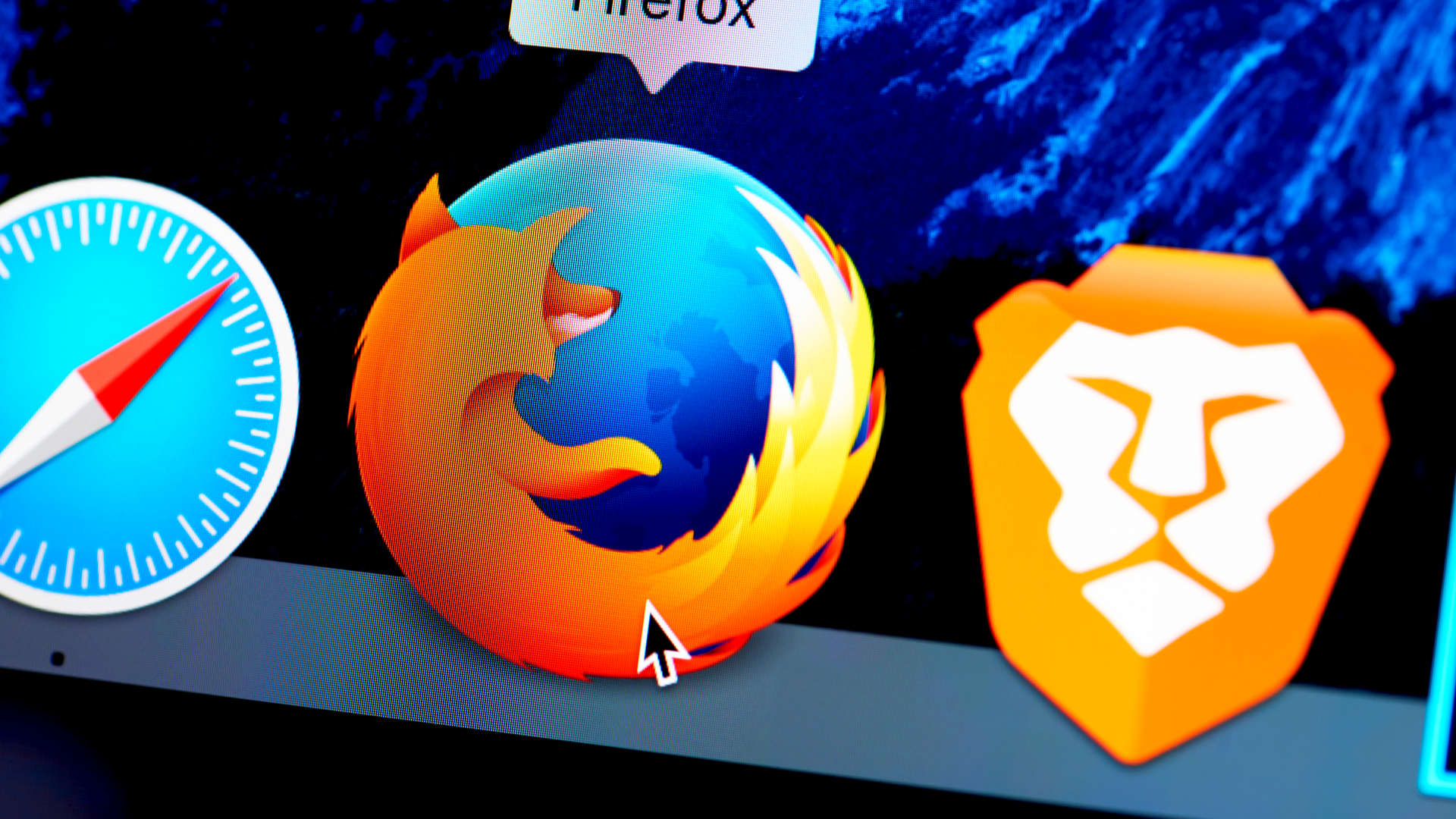 Mozilla fixes two Firefox zero-days being actively exploited
Mozilla fixes two Firefox zero-days being actively exploitedNews Critical vulnerabilities allow attackers to execute arbitrary code or trigger crashes
